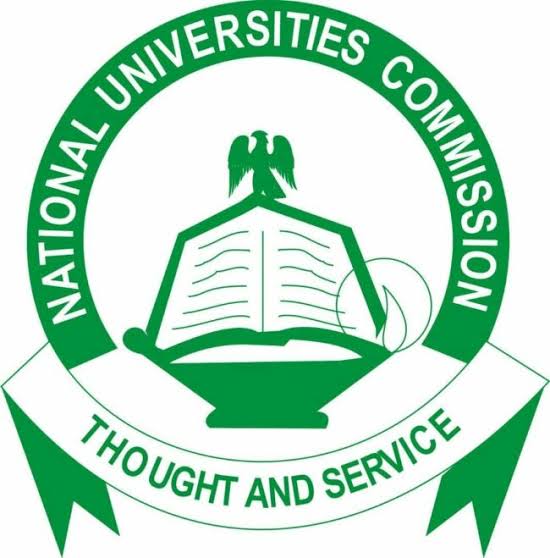The National Universities Commission (NUC) has officially licensed the establishment of the Ebonyi State University of Aeronautics and Aerospace Engineering, located in Ezza, Ebonyi State. This development brings the total number of universities in Nigeria to 300 and marks the 69th state-owned university in the country.

Speaking during the licensing ceremony in Abuja on Friday, NUC Executive Secretary, Prof. Abdullahi Ribadu, described the event as a “historic milestone” that reflects the Ebonyi State Government’s commitment to advancing education, technological innovation, and youth empowerment.
According to the News Agency of Nigeria (NAN), the newly approved institution is the third state-owned university in Ebonyi State. The other two are Ebonyi State University, Abakaliki, established in 1999, and the Ebonyi State University of ICT, Science, and Technology, Oferekpe, which was approved earlier in January 2025 but is yet to commence operations.
In addition to its state universities, Ebonyi State hosts two other state-run tertiary institutions—Ebonyi State College of Education, Ikwo, and Ebonyi State College of Health Sciences and Technology, Ngbo. The state also has six federal institutions, including:
- Alex Ekwueme Federal University
- King David Federal University of Health Sciences
- Akanu Ibiam Federal Polytechnic
- Federal College of Agriculture, Ishiagu
- Federal College of Education (Technical), Isu
- Federal College of Health, Mgbo
The only private university in the state is Evangel University, located in Okpoto.

While presenting the operating license, Prof. Ribadu emphasized that the new university is not just another addition to the system but a strategic institution designed to drive innovation and technical expertise in the aerospace sector.
“This is not just about increasing the number of universities,” Ribadu said. “It is about establishing a world-class institution that can foster research, innovation, and meaningful partnerships with industry leaders.”

He urged the new university to align with the NUC’s Core Curriculum and Minimum Academic Standards (CCMAS), particularly in fields like aerospace, automotive, mechatronics, and 26 related disciplines. Ribadu further called for strict adherence to quality assurance, academic management, and curriculum development standards.
He confirmed that other relevant bodies—JAMB, TETFund, NYSC, and the National Education Loan Fund (NELFUND)—would be officially notified about the institution’s approval.

Responding to the development, Governor Francis Nwifuru of Ebonyi State, represented by his deputy, Patricia Obila, expressed deep appreciation and reiterated the government’s vision to use the university as a platform for job creation, skills development, and national competitiveness in engineering and aviation.
“This certificate represents the result of our dedication,” Nwifuru said. “We have been tested, we’ve overcome all the regulatory requirements, and we are now ready to make our contribution to national development through education.”

The governor affirmed that education remains a top priority under his administration, citing various scholarship and training initiatives within and outside Nigeria as part of the government’s efforts to uplift citizens through quality learning.
“Our government takes education seriously,” he said. “Through the People’s Charter of Needs, we’ve empowered many citizens with knowledge both locally and internationally. We will not only sustain this vision but lead with it.”
He concluded with a commitment to ensuring that the new university sets a benchmark in both academic quality and structural excellence.




